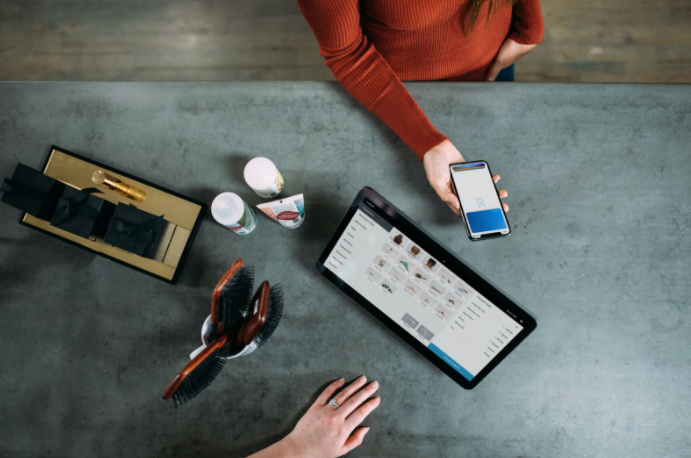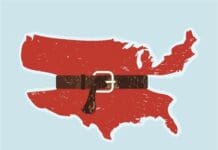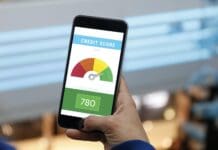Defying both inflation and the odds, consumer spending rebounded in January, rising by 2.1%, according to the Commerce Department. Many analysts forecasted that consumer spending was likely to go down, mainly because inflation and other factors have caused the price of goods to rise in price. However, according to this new report conducted by the Commerce Department, that doesn’t seem to be the case.
January’s rebound in consumer spending comes after December saw a dip. However, economists weren’t too worried about this slow down in spending, even though it did occur in December, a particularly big month for spending because of the holidays. Economists believe that many people did all of their holiday shopping earlier in the year — as many were worried that they would not get the items and gifts they wanted, as stores were struggling with inventory because of the global supply chain problems — and this is why December saw a drop in consumer spending. Economists believed that January could see a rebound, though many weren’t too optimistic because of the continuous problems with inflation.
This rebound also comes as consumer sentiment continues to drop slightly from month to month. Though still high in some regards, many analysts have stated that consumer confidence is on a downward trend. Often, if consumers are not confident in the economy and their current situation, consumer spending can quickly decrease as consumers choose to save their money, rather than spend it. However, this doesn’t always happen — while understanding consumer sentiment is important, it doesn’t always impact consumer spending immediately.
Inflation, however, has been the main concern for economists when it comes to consumer spending. As the price of goods and gas continues to rise, economists were worried that consumers would stop spending as much as they have. However, this doesn’t seem to have happened just yet.
While some analysts were stating that they thought inflation would moderate in 2022, there are no clear signs that this will happen anytime soon. Inflation is currently running at the fastest pace since the early 1980s. The annual rate has been increased to 6.1% — up from December’s 5.8%.
Thus far, there are also no major signs that consumer spending will drastically change if inflation hasn’t done so yet. Of course, if inflation does continue to drive goods’ prices up, then consumers could start to minimize their spending. Consumer spending makes up about 70% of the economy’s output. So, if consumer spending drastically drops in the coming months because of continuous inflation worries, then this could greatly impact the economy as a whole.
This latest data comes as the Federal Reserve is set to hike interest rates, likely beginning as early as next month. This plan could help reduce inflation, which would greatly help consumer spending in the coming months — especially if consumers start to save, rather than spend, because goods’ prices have become too high. Inflation and consumer spending are closely linked, so a lowering or moderating of inflation will only be positive on consumer spending as a whole.













